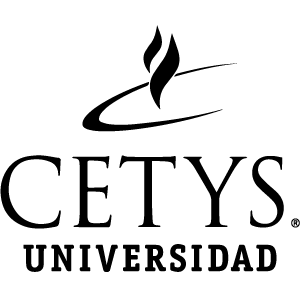https://repositorio.cetys.mx/handle/60000/174| Título : | Engineering together sustainable communities: sustainability engineering in action |
| Autor : | Azuz-Adeath, Isaac |
| Palabras clave : | Sustainability engineering;Students;Motivation |
| Sede: | Campus Ensenada |
| Fecha de publicación : | 26-jun-2016 |
| Resumen : | In the summer of 2015, a group of students and faculty from the University of Texas at El Paso and Carnegie Mellon University travelled to the city of Ensenada, Baja California, Mexico, to join a group of students and faculty from CETYS Universidad, a local prominent university in Mexico. The objective of the combined group was to learn about Sustainability Engineering and apply this knowledge to local community based projects. This paper is a recount of the experiences from this faculty-led study abroad exchange program funded by the 100,000 Strong in the Americas initiative. Furthermore, we present the lessons drawn from this experience with the hope that these help others with similar efforts. Some of these lessons include: key issues in planning effective community based projects, student teams’ early work prior to travelling, connecting classroom theory to the local community, training students to consider non-technical issues in the community, importance of student full immersion in the community, understanding the local idiosyncrasies and policymaking, and making students aware of their power and responsibilities as engineers, among others. The bi-national, multidisciplinary student teams tackled a variety of real community-based challenges, ranging from energy and water conservation for processes at local wineries, to socio-cultural issues of the indigenous Kumiai tribe. This study abroad program provided a unique opportunity to engage in real, hands-on projects with local communities to design and implement sustainable engineering solutions; the objective of this transformative educational experience is to solve real problems, and in the process, train responsible leaders that are true agents of change. Preparing a program like this requires various steps in anticipation, sometimes with years in advance, for example: cultivating the relationships with the international counterparts, procuring funding to support the activities, establishing agreements with departments and colleges for course credit recognition, resolving institutional and federal travel risk issues, recruitment and selection of students, travel and housing logistics, local contacts involved in community projects, and follow up of the projects after program completion. |
| URI : | https://repositorio.cetys.mx/handle/60000/174 |
| Aparece en las colecciones: | Ponencias |
| Fichero | Descripción | Tamaño | Formato | |
|---|---|---|---|---|
| memorias_ecitec_me-compressed DHCHG.pdf | 7.05 MB | Adobe PDF |  Visualizar/Abrir |
Este ítem está protegido por copyright original |
Este ítem está sujeto a una licencia Creative Commons Licencia Creative Commons


